2004 was a better year for the DIY sector than the preceding years, even though in Austria the economic situation in general, and the employment market in particular, showed no improvement. The extreme propensity to economise that has been demonstrated by households since 2002 has presumably led to a backlog of demand for renovations and to an increase in repairs. The combined sales achieved by the DIY stores saw an increase of 3.5 per cent over the previous year for a total of € 2.2 bn. The number of DIY outlets largely remained constant, whereas the weighted retail area went up by 1.5 per cent to 1 231 000 m².
Three new large-format DIY stores were opened by market leader Baumax (Vienna and Vöcklabruck) and Bauhaus (Klagenfurt) as replacements for smaller outlets. On the other hand, a former large-format Obi store in Wels was closed down for good. At the end of 2004 there were 39 large-format DIY stores in Austria with a strong east-west divergence in terms of locations.
Virtually all the DIY retail groups otherwise showed a perceptible tendency towards enlarging existing stores. Baumax extended a number of outlets. Several Obi members also undertook extensions, though the group’s growth in area was again cut back by the Wels closure. The new Hagebau/ Öbau cooperative managed to consolidate its newly achieved third place. For the first time for quite a while Hellweg again embarked on extensions to the garden centre sections of two outlets.
The German EMV-Profi DIY group has been represented in Austria since the end of 2004 by the former Öbau member Canal in Tyrol. After its exit from Hagebau, Quester entered into a new cooperative arrangement with the NBB (Norddeutsche Betriebsberatung), which has for the moment gained four franchise partners in regions of Upper Austria and Vorarlberg. The outlets involved here are small-format DIY stores with a retail area of around 1 000 m². Quester and NBB together set up the DHF organisation (Dienstleistungs- und Vertriebssysteme für den Handel GmbH) in May 2004, principally with the purpose of activating the former Bauprofi operating association, which Quester acquired three years ago when it took over Stadlbauer AG. Quester has considerably reduced the retail area of its specialist building supplies stores.
It becomes apparent that increased activities by groups implementing neighbourhood supply concepts now counterbalance the slower growth being experienced by the large-format DIY stores, and that the number of…
Three new large-format DIY stores were opened by market leader Baumax (Vienna and Vöcklabruck) and Bauhaus (Klagenfurt) as replacements for smaller outlets. On the other hand, a former large-format Obi store in Wels was closed down for good. At the end of 2004 there were 39 large-format DIY stores in Austria with a strong east-west divergence in terms of locations.
Virtually all the DIY retail groups otherwise showed a perceptible tendency towards enlarging existing stores. Baumax extended a number of outlets. Several Obi members also undertook extensions, though the group’s growth in area was again cut back by the Wels closure. The new Hagebau/ Öbau cooperative managed to consolidate its newly achieved third place. For the first time for quite a while Hellweg again embarked on extensions to the garden centre sections of two outlets.
The German EMV-Profi DIY group has been represented in Austria since the end of 2004 by the former Öbau member Canal in Tyrol. After its exit from Hagebau, Quester entered into a new cooperative arrangement with the NBB (Norddeutsche Betriebsberatung), which has for the moment gained four franchise partners in regions of Upper Austria and Vorarlberg. The outlets involved here are small-format DIY stores with a retail area of around 1 000 m². Quester and NBB together set up the DHF organisation (Dienstleistungs- und Vertriebssysteme für den Handel GmbH) in May 2004, principally with the purpose of activating the former Bauprofi operating association, which Quester acquired three years ago when it took over Stadlbauer AG. Quester has considerably reduced the retail area of its specialist building supplies stores.
It becomes apparent that increased activities by groups implementing neighbourhood supply concepts now counterbalance the slower growth being experienced by the large-format DIY stores, and that the number of…

 Menü
Menü
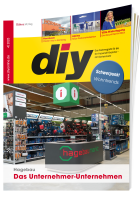




 5/2005
5/2005


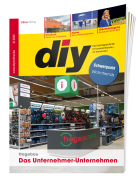

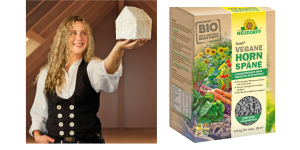


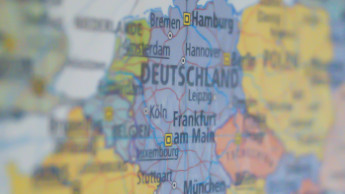
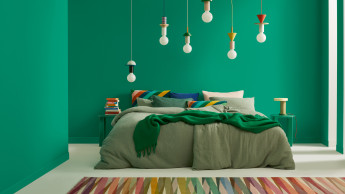
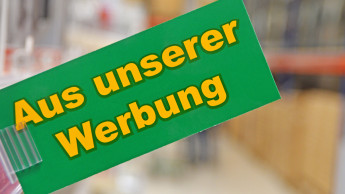
 Newsletter
Newsletter